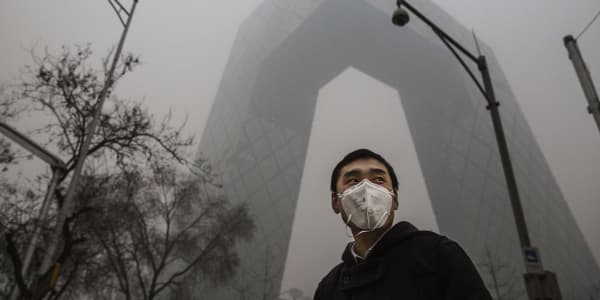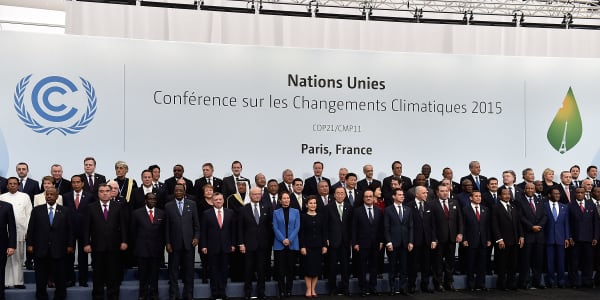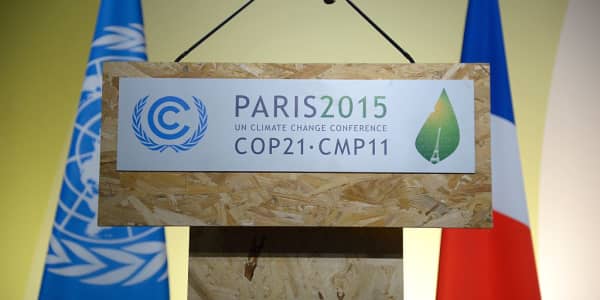The world's richest 10 percent are responsible for half of the planet's carbon emissions, while the poorest 3.5 billion account for just 10 percent, according to a new report from aid and development charity Oxfam.
The report, entitled "Extreme Carbon Inequality" -- and released during the crucial COP21 climate summit being held in Paris -- finds that while the world's poorest people account for roughly one tenth of global emissions, they are living in countries that are most vulnerable to climate change.
"Climate change and economic inequality are inextricably linked and together pose one of the greatest challenges of the 21st century," Tim Gore, Oxfam's head of food and climate policy, said in a release accompanying the report.
"Paris must be the start of building a more human economy for all - not just for the 'haves,' the richest and highest emitters, but also the 'have-nots,' the poorest people who are the least responsible for and most vulnerable to climate change," Gore added.
One key finding from the report, released Wednesday, is that the average carbon footprint of a person in the richest one percent could be "175 times that" of someone from the poorest 10 percent.
Referencing the talks taking place at COP21, Oxfam stated that the "litmus test" for any deal reached would be whether or not it delivers anything for the world's poorest people, "who are both the least responsible for and the most vulnerable to climate change, wherever they live."
Breaking down the figures even further, Oxfam said that total emissions from the poorest half of China's population – roughly 600 million people – were just one-third of the emissions that the richest 10 percent in the United States, around 30 million people, produced.
"Rich, high emitters should be held accountable for their emissions, no matter where they live," Gore said.
"But it's easy to forget that rapidly developing economies are also home to the majority of the world's very poorest people and while they have to do their fair share, it is rich countries that should still lead the way," he added.
Commenting on the report, Lucas Chancel and Thomas Piketty – who co-authored a recent paper entitled 'Carbon and inequality from Kyoto to Paris' – said that the two studies converged, "towards one key fact: individual carbon emissions are highly unequally distributed throughout the world."




